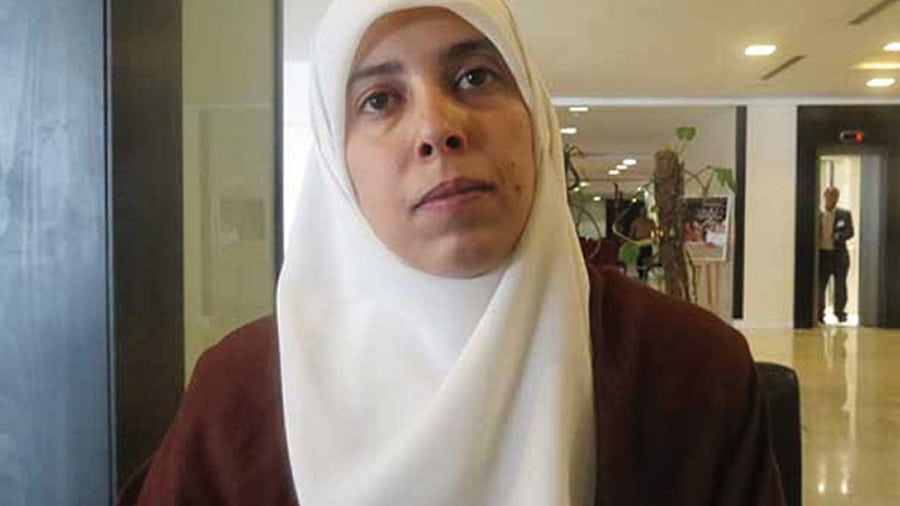
In a 2006 interview with the Israeli newspaper Haaretz, Esther Shushan described the Aug. 9, 2001, Hamas suicide bombing at Jerusalem’s Sbarro pizza restaurant that killed her 10-year-old daughter, Yocheved, and left her 15-year-old, Miriam, with more than 60 nails in her body:
“I was upstairs [in the restaurant] with one of my daughters. Two of my daughters had gone to park the car. Two others, Miriam and Yocheved, went down to the lower level to get our food. Then there was an enormous blast. The place went dark. People started screaming: ‘Pigua! Pigua!’ (terror attack). But at first, I didn’t believe it. There was a terrible stench. I saw body parts everywhere — here a limb, there a head. The bodies were bloated. I searched for my children.
“My two daughters who had gone to the car park arrived seconds later. The older one came inside and found Miriam and Yocheved. They were on fire. She managed to put out the flames but was then rushed away by rescue workers. I couldn’t leave. I was torn. The rescue workers kept dragging me to the door. I’d start to go, then run back screaming, ‘My girls, my girls!’ ”
The perpetrator of that attack was 22-year-old Izzadin al-Masri, the son of a successful restaurateur. He blew himself up in that crowded restaurant, which was filled with kids on summer vacation. He killed 15 people, including eight children, and injured 130. This was one of many suicide bombings and hundreds of other attacks that occurred from 2000 to 2004, during the Second Intifada, which killed more than 1,000 people.
Ahlam Tamimi is on the FBI’s “Most Wanted” terrorist list and there’s a $5 million reward for her arrest.
Al-Masri was accompanied to Jerusalem by 20-year-old college student and journalist Ahlam Tamimi. They parted ways at the busy intersection of King George Street and Jaffa Road. Tamimi wore Western-style clothing and al-Masri was believed to be carrying a guitar case over his shoulder, packed with five kilograms (about 11 pounds) of explosives, laced with nails and screws.
Among the dead were 31-year-old pregnant tourist Shoshana Greenbaum, who lived in Hancock Park. She was the only child of Alan and Shifra Hayman. Al-Masri stood in line behind Greenbaum before blowing himself up.
The attack also killed Mordechai and Tzira Schijveschuurder and three of their children, ages 14, 4 and 2. Mordechai and Tzira were children of Dutch Holocaust survivors.
Also killed were children born to American citizens: 15-year-old Malka Roth (known as Malki), along with her best friend Michal Raziel, 16. Two decades later, Chana Nachenberg, a third American victim, continues to lie in a permanent vegetative state. She was 31 at the time of the attack. Her 3-year-old daughter survived the attack unscathed.
Shortly after the bombing, Tamimi boarded a Palestinian bus to Ramallah. In a July 2012 interview on Al Aqsa TV, Tamimi said, “As the number of dead kept increasing, the passengers [on the bus] were applauding. They didn’t even know that I was among them,” she said. “On the way back [to Ramallah], we passed a Palestinian police checkpoint, and the policemen were laughing. One of them stuck his head in and said, ‘Congratulations to us all.’ Everybody was happy.”
After hearing initial reports that three Israelis were killed, Tamimi said, “I admit that I was a bit disappointed, because I had hoped for a larger toll. Two minutes later, they said on the radio that the number had increased to five. I wanted to hide my smile, but I just couldn’t. Allah be praised, it was great.”
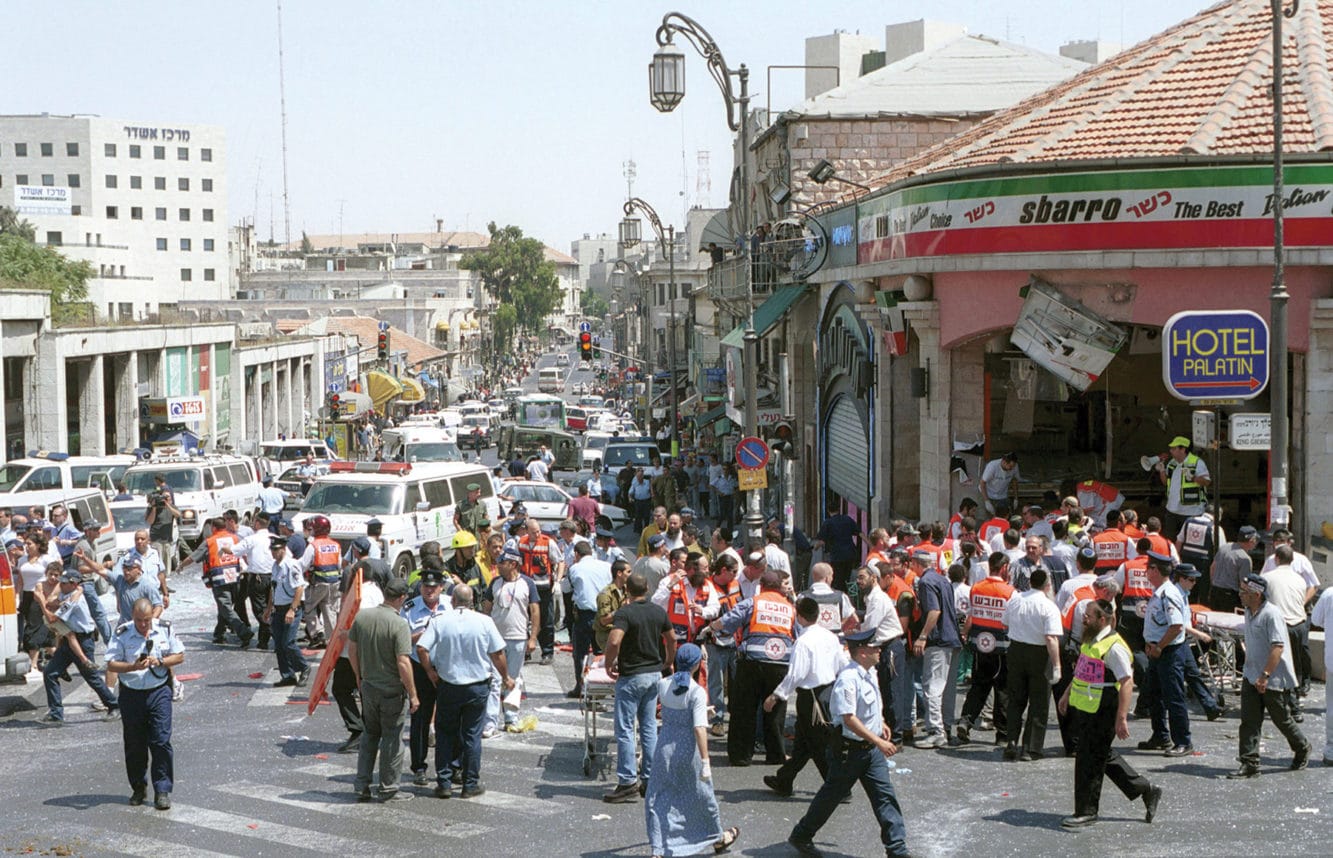
Tamimi was arrested by Israeli authorities in September 2001 and sentenced to 16-consecutive life sentences but in 2011, she was released, along with 1,026 prisoners as part of a deal between Israel and Hamas in exchange for Israel Defense Forces soldier Gilad Shalit, who had been kidnapped by Hamas in 2006.
Tamimi returned to her birth country, Jordan, and then, something unbelievable happened:
Ahlam Tamimi became a celebrity. She was given her own television show. For the next 4 1/2 years she became a household name among Arabic speakers around the world, including in the United States, thanks to satellite TV and streaming websites. Tamimi basically made a career out of her murderous crime.
But in March 2017, after meeting with Malki Roth’s parents, the FBI issued a warrant for Tamimi’s arrest, and demanded her extradition from Jordan. The U.S. and Jordan signed an extradition treaty in 1995 and several Jordanian terrorists currently are serving long sentences in American jails, but for some reason, Tamimi is different. Jordan has said that no such treaty exists because it hasn’t been ratified by the Jordanian parliament.
When Jordan’s King Abdullah II visited the U.S. in 2019, several members of Congress asked about Tamimi’s extradition. He dismissed the requests, saying, “It’s not going to happen.” On Aug. 7, Anti-Defamation League CEO Jonathan Greenblatt sent a letter to Abdullah, requesting that Jordan end Tamimi’s legal impunity.
Tamimi is on the FBI’s “Most Wanted” terrorist list and there’s a $5 million reward for her arrest, but she’s been seen at public events in Jordan (although she’s been more careful lately), and remains a media darling, appearing in many YouTube videos.
Jordan receives $1.6 billion in foreign aid from the U.S., none of which has been withheld over the country’s refusal to extradite Tamimi. Her freedom renews daily trauma for victims’ families. (Last year, the U.S. announced plans to increase its presence at Jordan’s Muwaffaq Salti Air Base.)
Hamas, which took control of Gaza in 2006, has shifted gears from suicide bombings to rocket attacks against Israelis, but it remains a deadly, unpredictable enemy of the Jewish state.
These days, news from the Middle East is rife with powder keg issues ranging from a potential confrontation between Israel and Iran, to political chaos in Lebanon. But for those whose loved ones were brutally taken from them 19 years ago in a pizza restaurant in the heart of Jerusalem, the fight will continue as long as Tamimi freely strolls the streets of Jordan.
In 2001, Arnold and Frimet Roth established the Malki Foundation to honor the memory of their daughter. For more information, click here.
Tabby Refael is a Los Angeles-based writer and speaker.







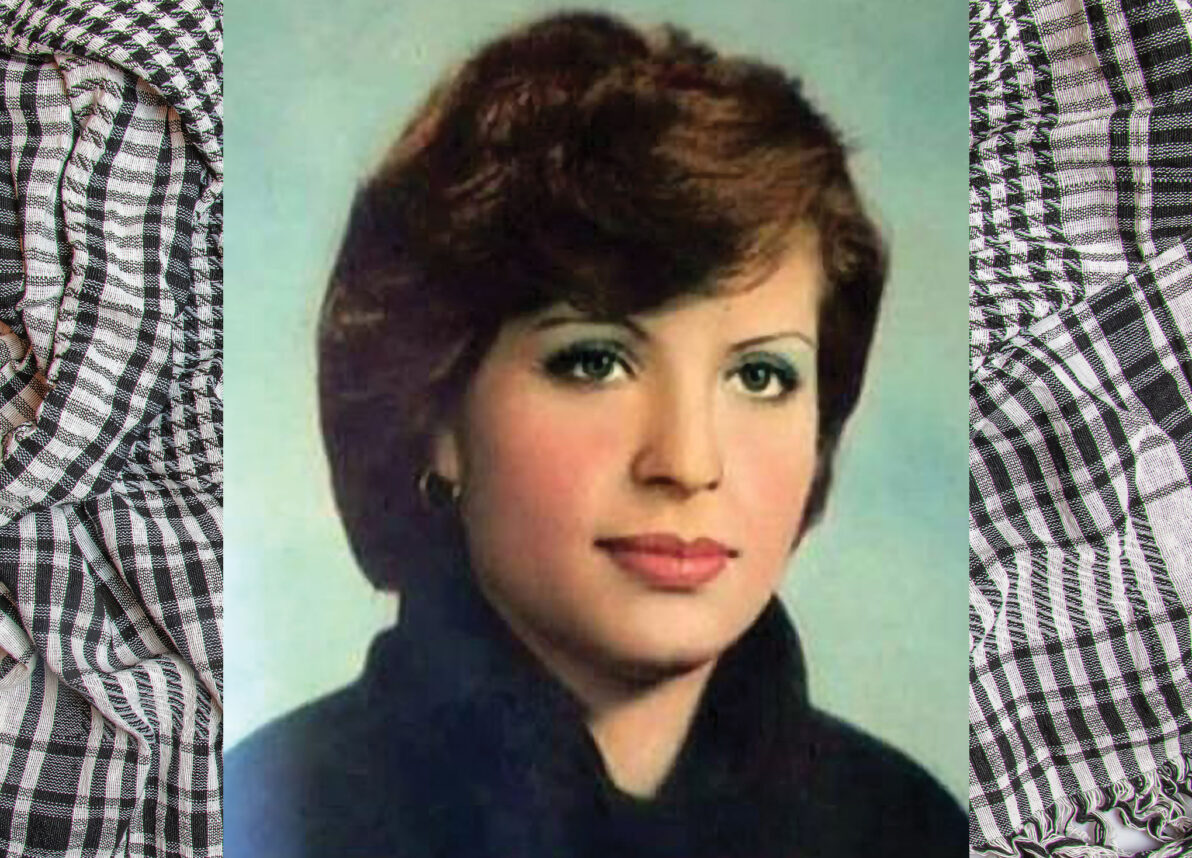



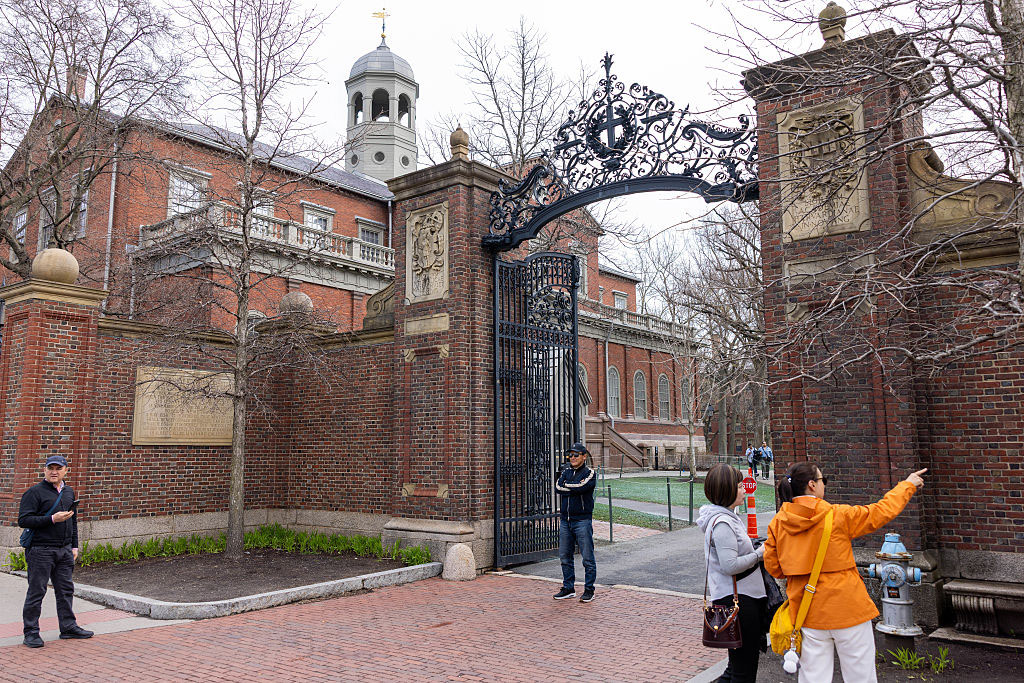
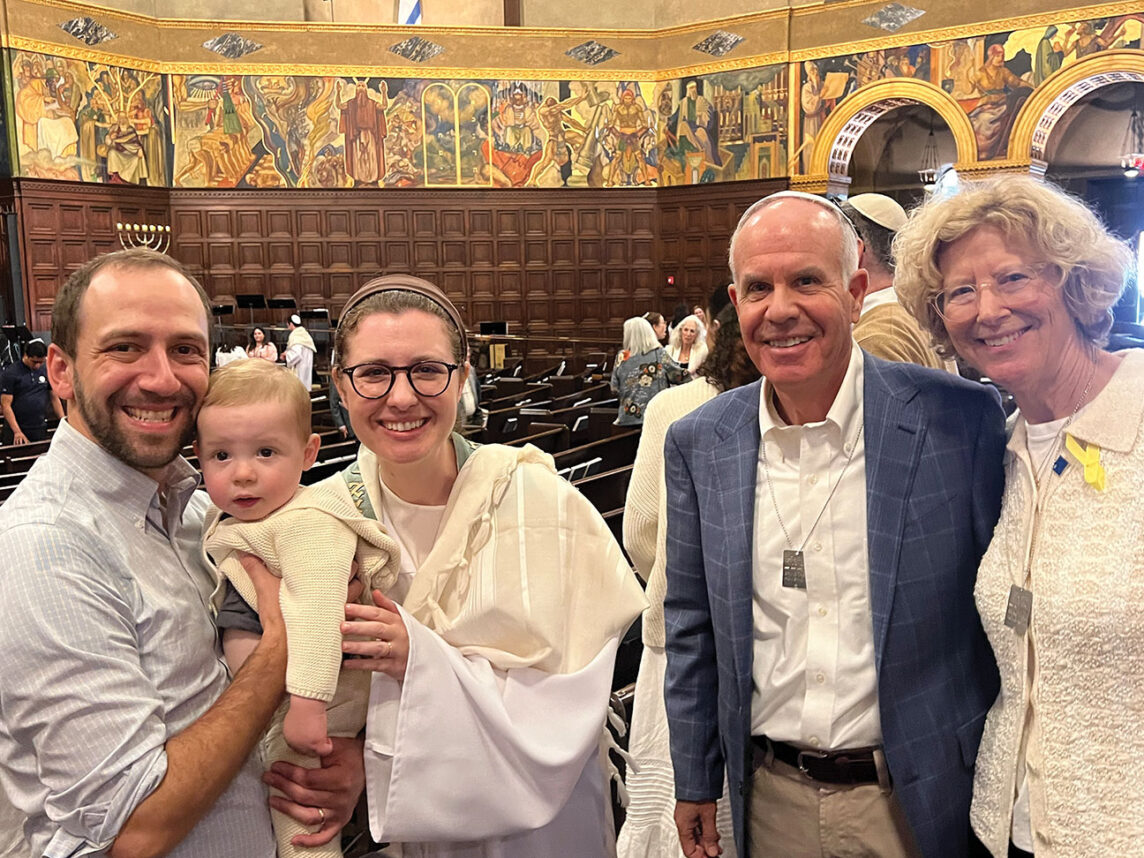
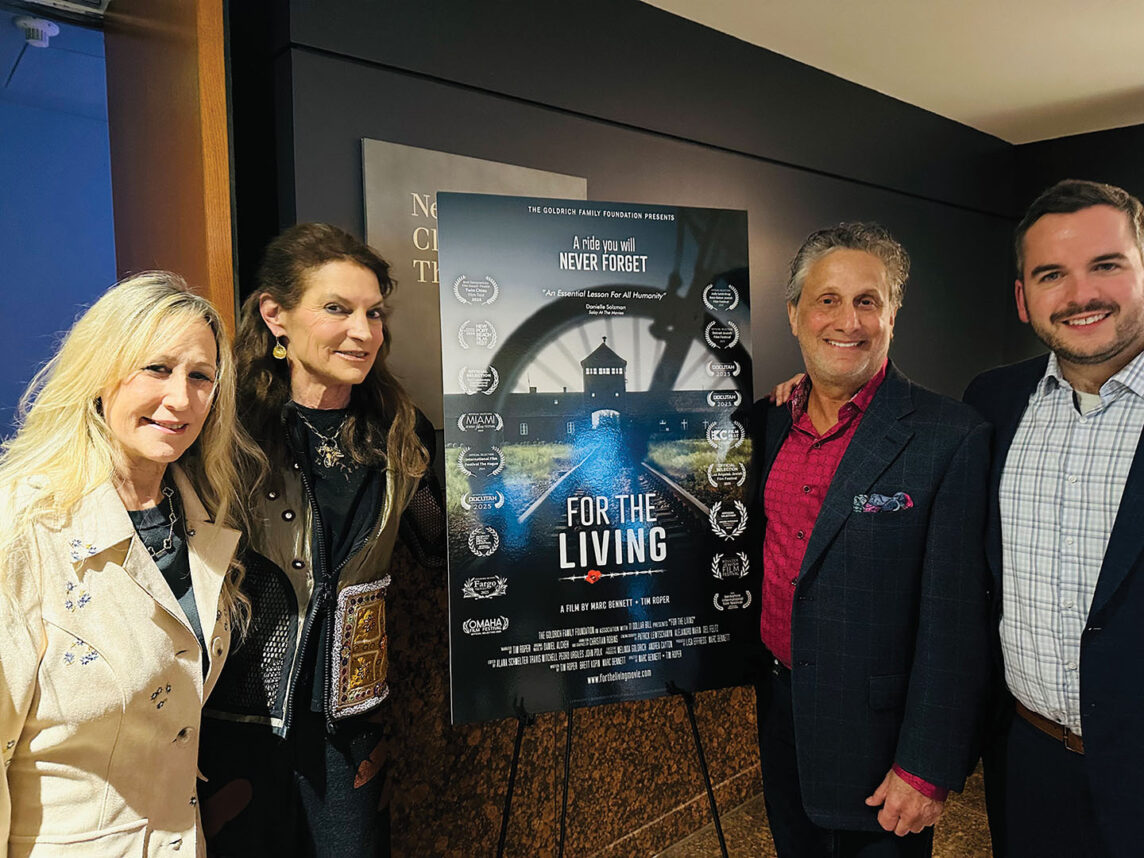
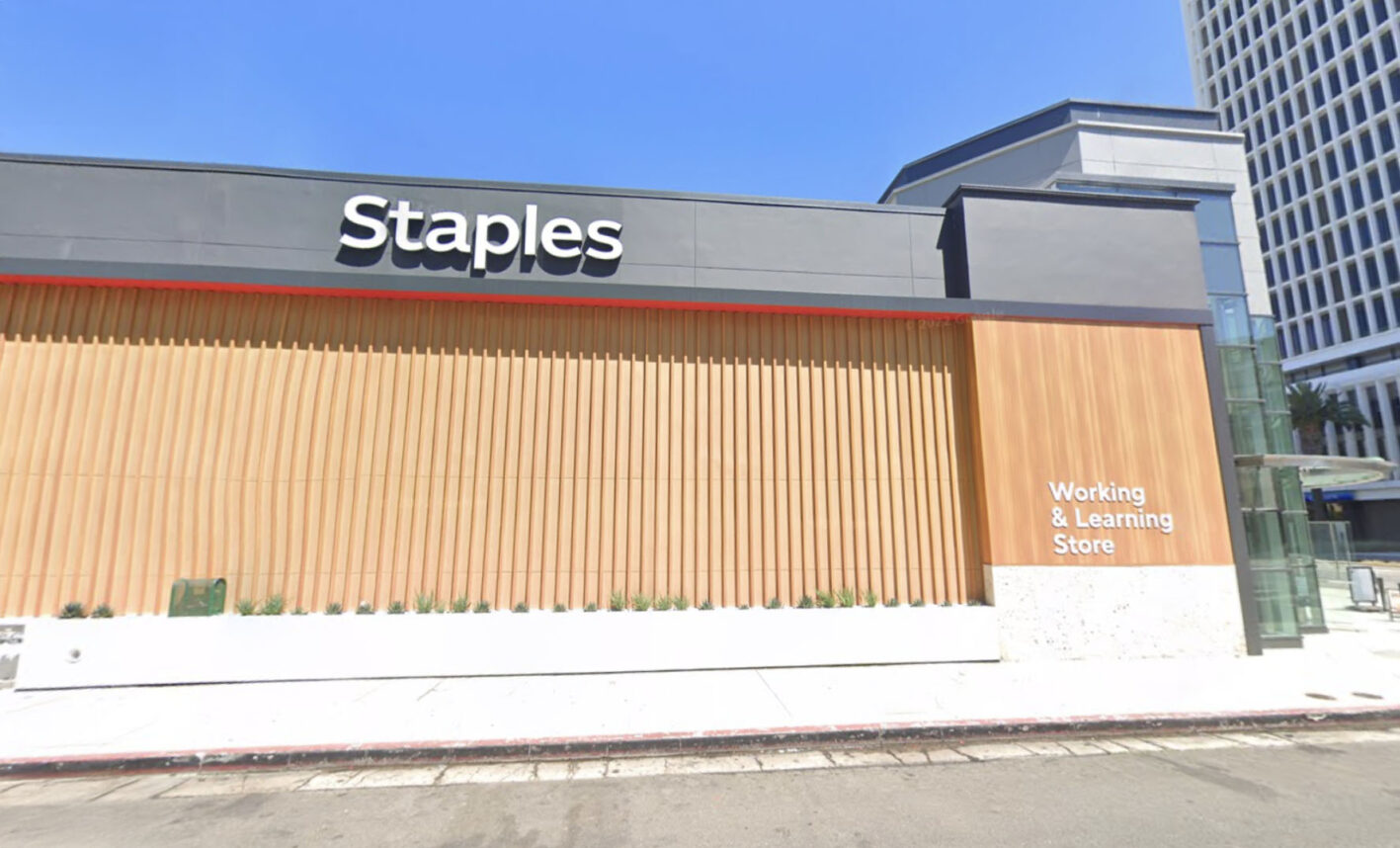
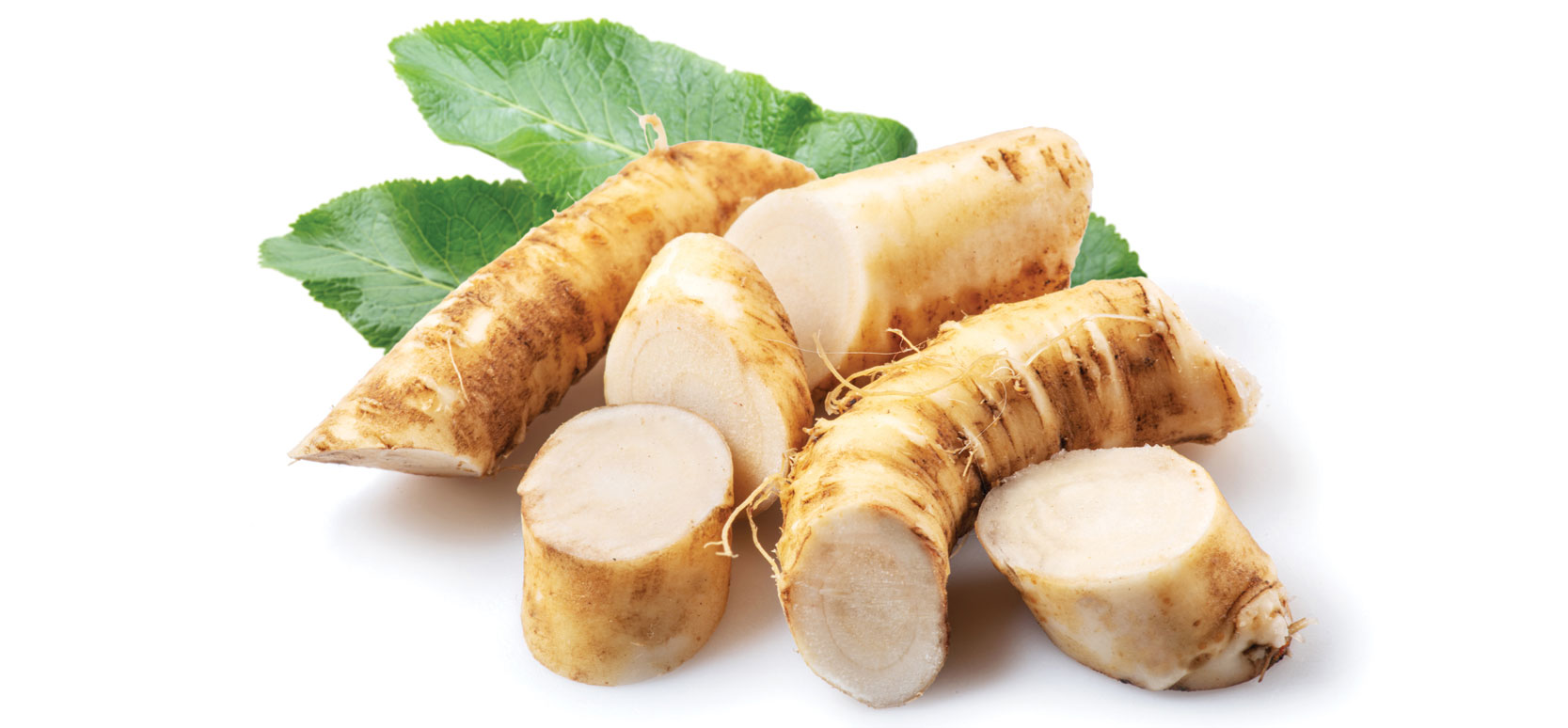
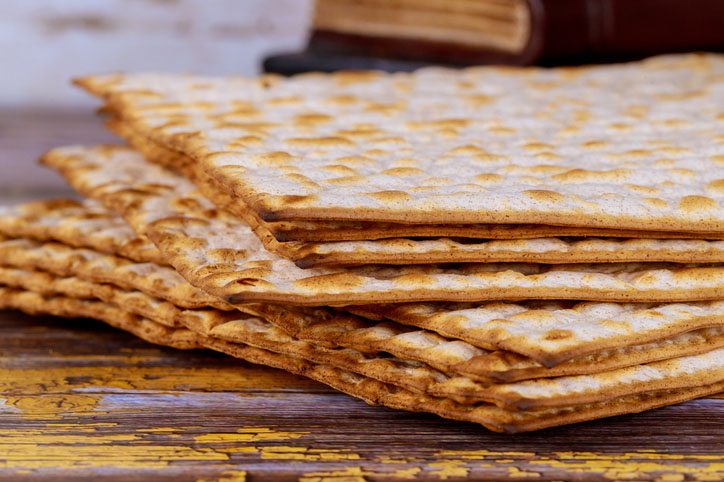
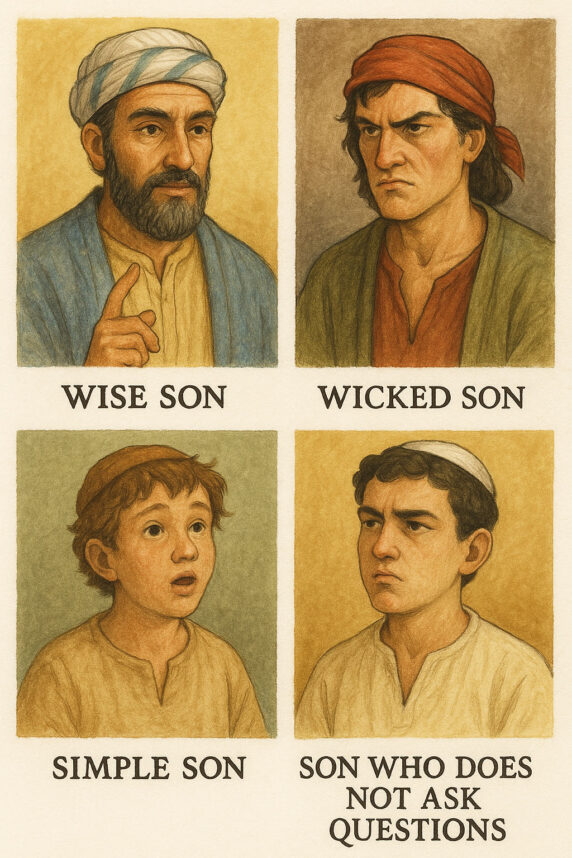



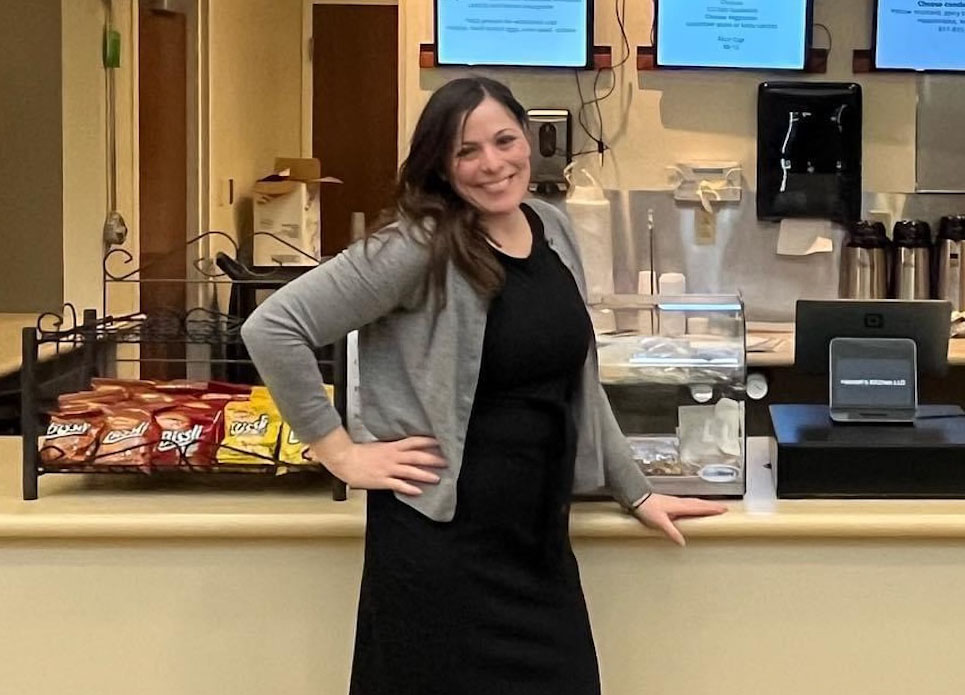


 More news and opinions than at a Shabbat dinner, right in your inbox.
More news and opinions than at a Shabbat dinner, right in your inbox.